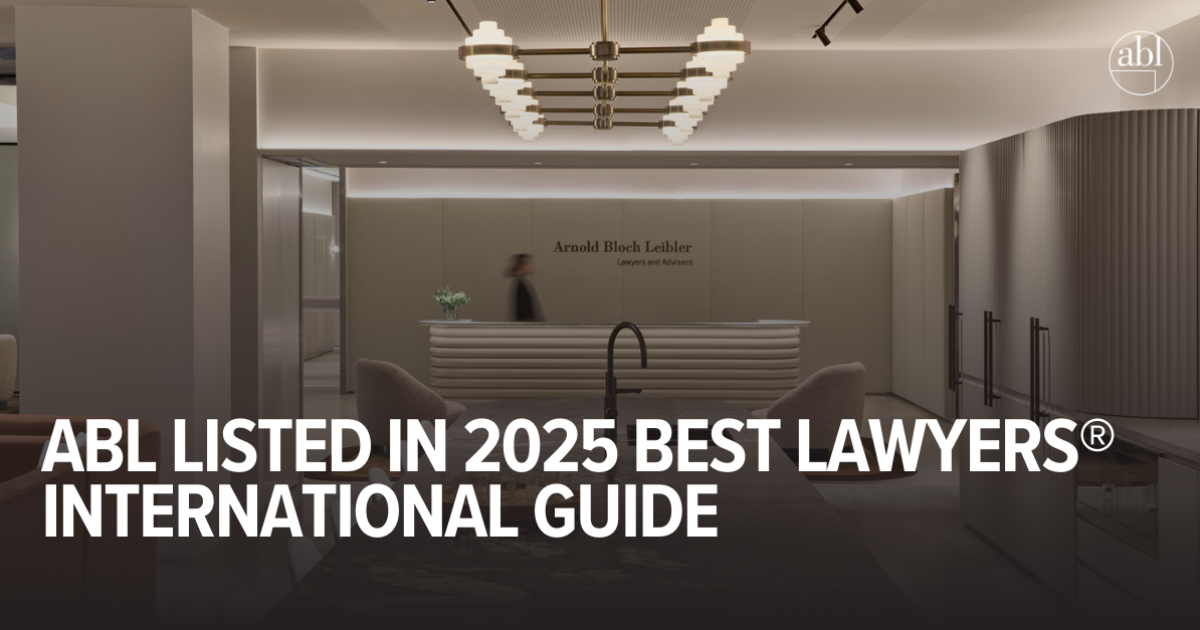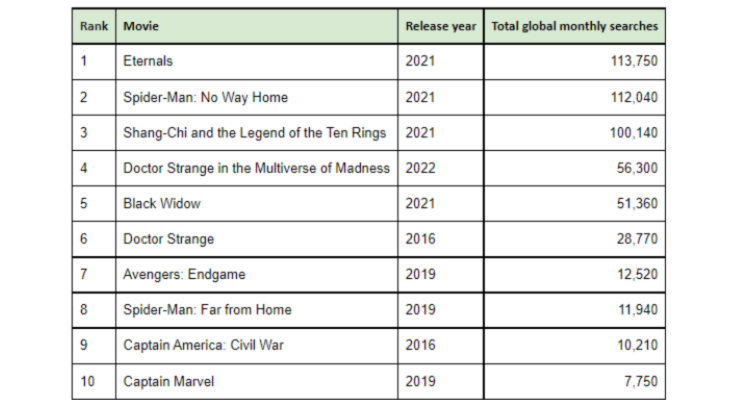Finding The Best Music Lawyers In 2025

Table of Contents
Defining Your Needs: What to Look for in a Music Lawyer
Choosing the right legal representation is the first step towards a successful music career. Understanding your specific needs will help you narrow your search and find a music lawyer who's the perfect fit.
Specializations within Music Law:
Not all music lawyers are created equal. The music industry is multifaceted, encompassing various legal specialties. Identifying your specific needs is crucial. Do you need help with:
- Copyright law: Protecting your compositions, recordings, and other creative works from infringement. This includes registering copyrights and enforcing your rights.
- Contract negotiation: Securing favorable terms in record deals, publishing deals, licensing agreements, and artist management agreements. A skilled music lawyer can navigate the complexities of these contracts, protecting your interests and ensuring fair compensation.
- Trademark registration: Protecting your brand name, logo, and other identifying marks. This is especially important for building a strong brand identity in the competitive music market.
- Intellectual property protection: This encompasses all aspects of protecting your creative assets, including copyrights, trademarks, and potentially patents for innovative musical technologies.
- Royalty audits: Ensuring you receive accurate and fair royalties from streaming services, publishers, and other sources. A music lawyer can help identify discrepancies and pursue outstanding payments.
- Artist management agreements: Negotiating and reviewing agreements with managers to ensure a mutually beneficial and legally sound working relationship.
- Litigation: Handling legal disputes, such as breach of contract, copyright infringement, or other legal issues that may arise in the music industry.
Experience and Track Record:
A lawyer's experience and track record are vital indicators of their competence. Look for lawyers who have a proven history of success in your specific area of need.
- Check online reviews: Sites like Avvo, Martindale-Hubbell, Google My Business, and Yelp offer valuable insights into a lawyer's reputation and client experiences.
- Testimonials and case studies: Review testimonials from past clients and examine case studies to gauge their success rate in handling similar cases.
- Professional associations: Membership in relevant professional associations, such as the American Bar Association, can signify a commitment to professionalism and ethical practice.
- Genre specialization: Some music lawyers specialize in specific genres (e.g., a classical music lawyer may have different expertise than a hip-hop music lawyer). Consider whether a lawyer’s experience aligns with your genre and style of music.
Geographic Location and Accessibility:
While proximity isn't always essential in the digital age, it can be beneficial. Consider both options carefully.
- Proximity for in-person meetings: In-person meetings can facilitate a stronger attorney-client relationship and allow for more personal interaction.
- Online consultation options: Video conferencing tools like Zoom and Skype offer convenient alternatives for clients located far from the lawyer's office.
- Availability and responsiveness: A lawyer's responsiveness to your inquiries is crucial. Ensure that they are readily available to answer your questions and provide timely updates.
Researching and Vetting Potential Music Lawyers
Finding suitable music lawyers requires diligent research and thorough vetting. Use multiple avenues to gather information and make informed decisions.
Utilizing Online Resources:
The internet provides a wealth of information for finding qualified legal professionals.
- Search engines: Use search engines like Google and Bing to search for "music lawyers near me" or "entertainment lawyers [your city/state]".
- Legal directories: Explore legal directories like Avvo and Martindale-Hubbell for lawyer profiles, ratings, and client reviews.
- Professional associations: Check the websites of professional associations such as the American Bar Association for lawyer referral services.
- Online reviews: Look for reviews on Google My Business, Yelp, and other review platforms to get insights from past clients.
Networking and Referrals:
Networking is a powerful tool for finding reliable legal professionals.
- Reach out to other musicians: Ask fellow musicians, producers, managers, and other industry professionals for referrals. Their firsthand experience can be invaluable.
- Attend industry events: Networking at industry conferences, workshops, and concerts can lead to valuable connections and referrals.
Conducting Initial Consultations:
Before committing to a lawyer, schedule free initial consultations.
- Prepare a list of questions: Have a prepared list of questions to ask during the consultation. This will help you assess their understanding of your needs and their approach to your legal matter.
- Assess communication style: Observe their communication style and evaluate whether you feel comfortable working with them. Clear and concise communication is crucial for a successful attorney-client relationship.
- Evaluate fees and payment structures: Clarify their fee structure (hourly rate, retainer, contingency fee) to understand the overall cost of their services.
Key Factors to Consider When Choosing
Beyond qualifications and experience, other crucial factors influence your decision.
Fees and Payment Structures:
Transparency in fees is essential.
- Compare fees across different lawyers: Get quotes from multiple lawyers to compare their fees and payment structures.
- Negotiate payment plans: If necessary, discuss payment plans to make legal services more manageable.
- Clarify all costs upfront: Ensure that all potential costs, including court fees and expenses, are clearly outlined before agreeing to their services.
Communication and Responsiveness:
Effective communication is fundamental for a successful attorney-client relationship.
- Evaluate responsiveness: Assess how promptly they respond to your emails, calls, and other inquiries. Timely communication is essential.
- Clarity of explanation: Ensure they can explain complex legal concepts in a way you understand. This will help you make informed decisions.
Personality and Fit:
A good rapport with your lawyer is essential for a productive working relationship.
- Consider personality and communication style: Choose a lawyer whose personality and communication style are compatible with yours.
- Build trust and rapport: A trusting relationship fosters open communication and collaboration.
Conclusion:
Finding the best music lawyers requires careful research, thorough vetting, and a clear understanding of your specific legal needs. By following the steps outlined above – identifying your requirements, researching potential lawyers, and considering key factors like fees and communication – you can confidently choose a legal professional to protect your creative work and guide you through the complexities of the music industry. Don't hesitate to invest time in finding the right music lawyers for your unique circumstances. Your future success depends on it. Remember to conduct thorough research and compare different lawyers to ensure you make the best decision for your music career. Start your search for experienced music law professionals today!

Featured Posts
-
 Social Media Censorship Us Announces New Visa Restrictions
May 30, 2025
Social Media Censorship Us Announces New Visa Restrictions
May 30, 2025 -
 Will Bruno Fernandes Leave Manchester United For Real Madrid Transfer Rumours
May 30, 2025
Will Bruno Fernandes Leave Manchester United For Real Madrid Transfer Rumours
May 30, 2025 -
 Analyzing The Taco Trade Agreement A Source Of Tension For Trump
May 30, 2025
Analyzing The Taco Trade Agreement A Source Of Tension For Trump
May 30, 2025 -
 Should You Stay For The Post Credits A Look At Marvel And Sinner
May 30, 2025
Should You Stay For The Post Credits A Look At Marvel And Sinner
May 30, 2025 -
 Avenger Star Reveals They Havent Been Asked Back After Endgame
May 30, 2025
Avenger Star Reveals They Havent Been Asked Back After Endgame
May 30, 2025
